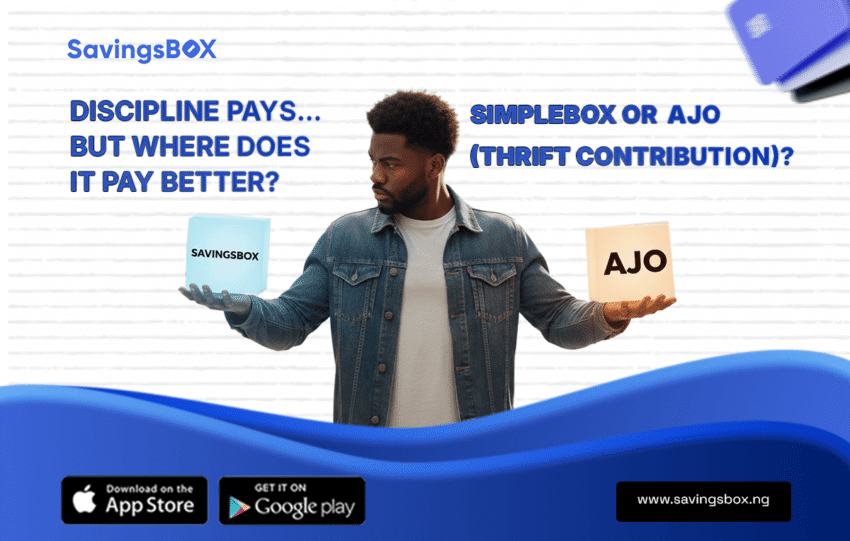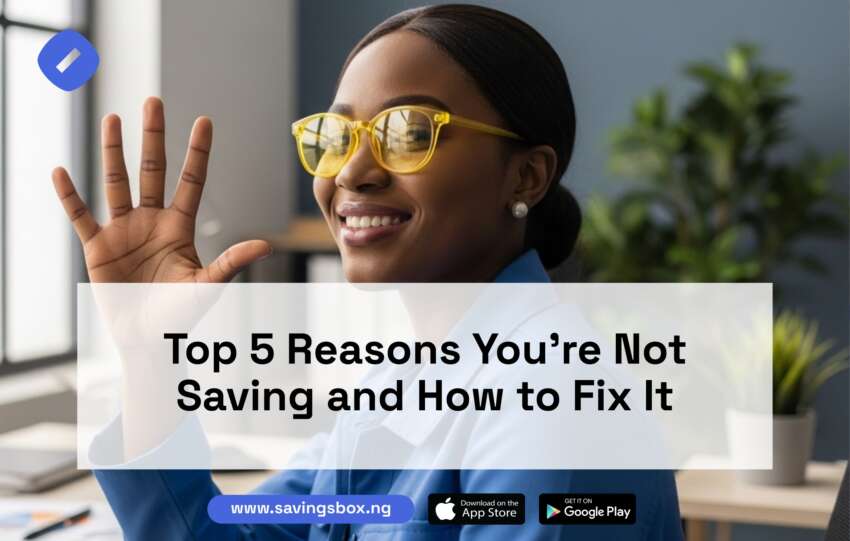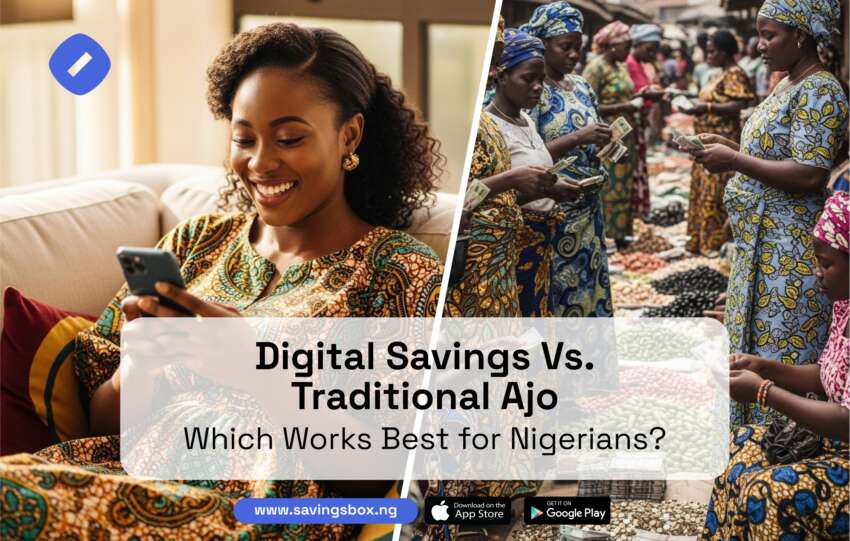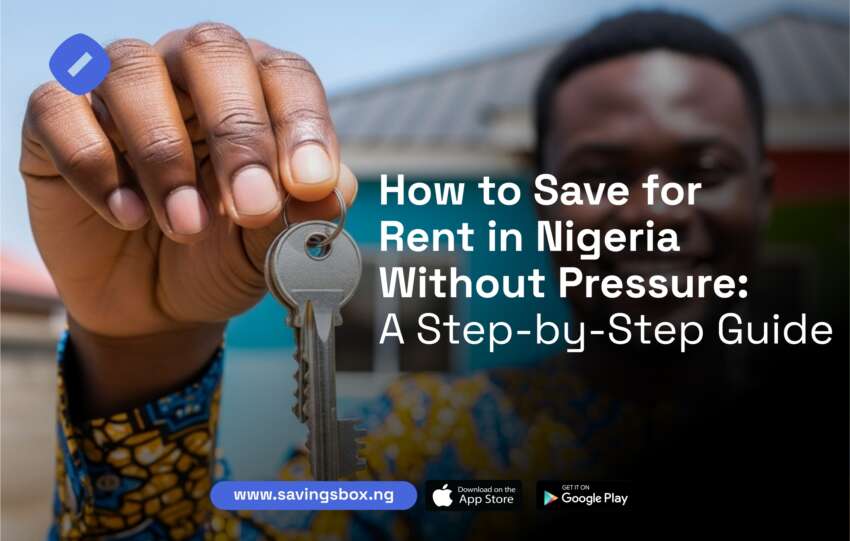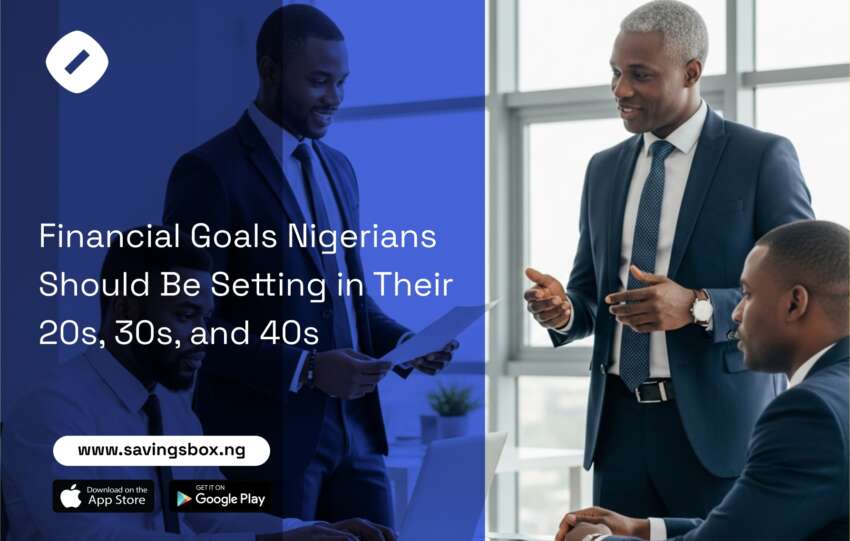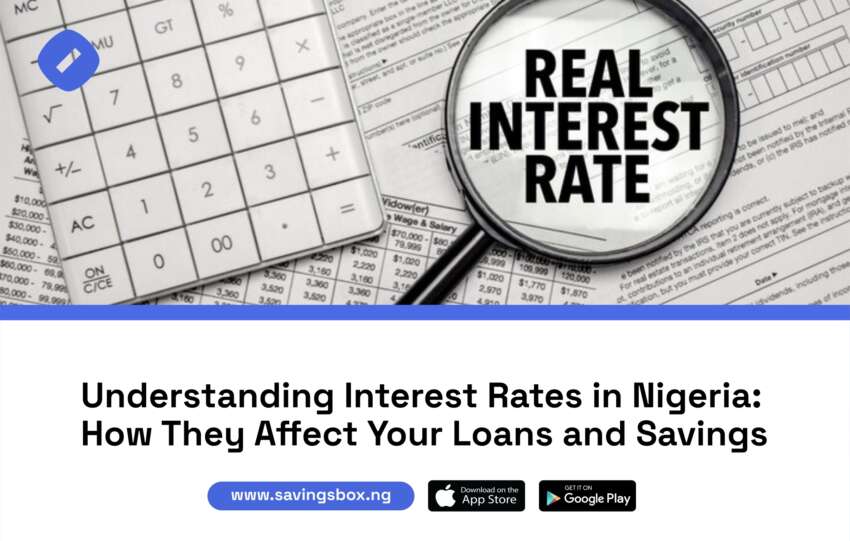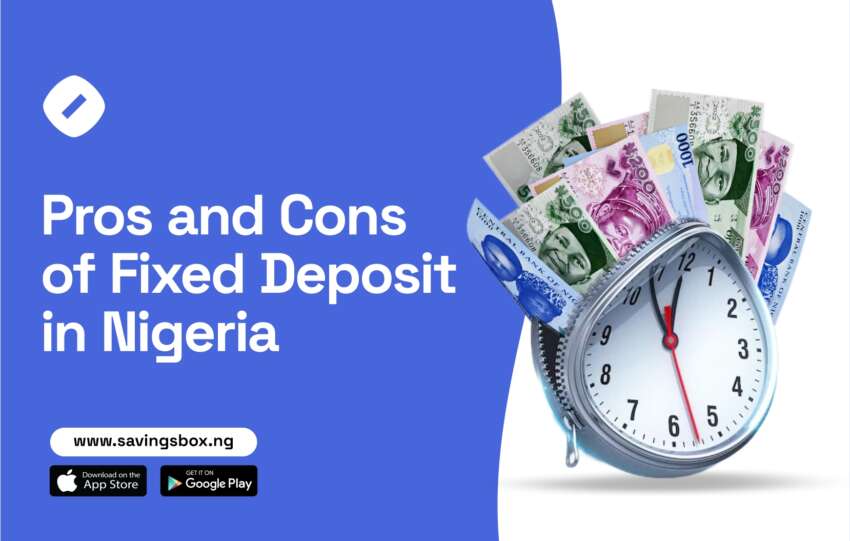Saving money is not new to Nigerians. For years, many people have relied on Ajo (thrift contribution) to stay disciplined and achieve their financial goals.
But here’s the big question:
If you’re already disciplined enough to save… shouldn’t you be rewarded for it?
That’s exactly why Simplebox was created.
Let’s compare both and see why Simplebox is the smarter…
